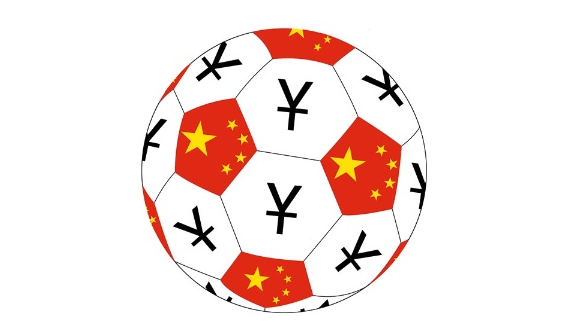The government has kicked off a debate around that question with ambitious and controversial policies to develop football in educational institutions.
In January, six government departments established a “school football leading group”, overseen by Yuan Guiren, the education minister. According to the China Daily newspaper, the group is responsible for implementing laws and policies for the sport and planning budgets to develop football on campuses. Its plan includes the selection of 20,000 schools in which to promote the sport, the establishment of 200 university teams by 2017, and the coordination of games at four levels: primary school, junior and senior high schools and universities.
As China’s men’s football team has qualified only once for the World Cup Finals, in 2002, many football fans interpreted the government’s move as a positive step towards “the spring of Chinese football”. It was also seen as a way of improving the image of Chinese football, which has been hit by corruption scandals in the past.
But the first reaction from a Chinese celebrity athlete was not a positive one. Earlier this month, Yao Ming, a former National Basketball Association superstar and the owner of the Shanghai Sharks basketball team, told Xinhua, the state news agency, that he opposed “the Great Leap Forward Movement” in the sports sector. “I am deeply concerned that local authorities would quickly follow the new policies to suspend their support for other sports and focus on football,” he said. “The consequence might be that, in the end, football will not be improved and the development of other sports will be sacrificed.”
Shortly before Mr Yao made his comments, the Education Department of Shandong Province, in the east of the country, announced that it would temporarily suspend Shandong-based college basketball and volleyball league games. But after a public outcry, it quickly said that there would be no suspension and that the Chinese media had “misinterpreted” the move.
Even if one questions whether Mr Yao is following his own self-interest in promoting basketball in China, his reservations highlight a key point: will the new measures actually increase the competitiveness of Chinese football?
From the perspective of university football, the answer is probably “no”. The details of how “200 high-level college teams” would be assembled and organised have not been explained yet. But the current policy framework does not convince me that such a goal, however vaguely defined, is attainable in the near future.
The routine enrolment policy for Chinese universities is to recruit young football players who have talent but are not good enough to play professionally, along with retired professional players. Both cohorts enjoy lower admission thresholds. So far, not one university-educated player has become a member of China’s men’s football team.
Recent match results for China include a home draw with Haiti. Never mind a government-driven leap forward: to imagine the team making an impact on world football anytime soon requires a leap of faith.
Original title by Times Higher Education: China risks scoring own goal with campus football
